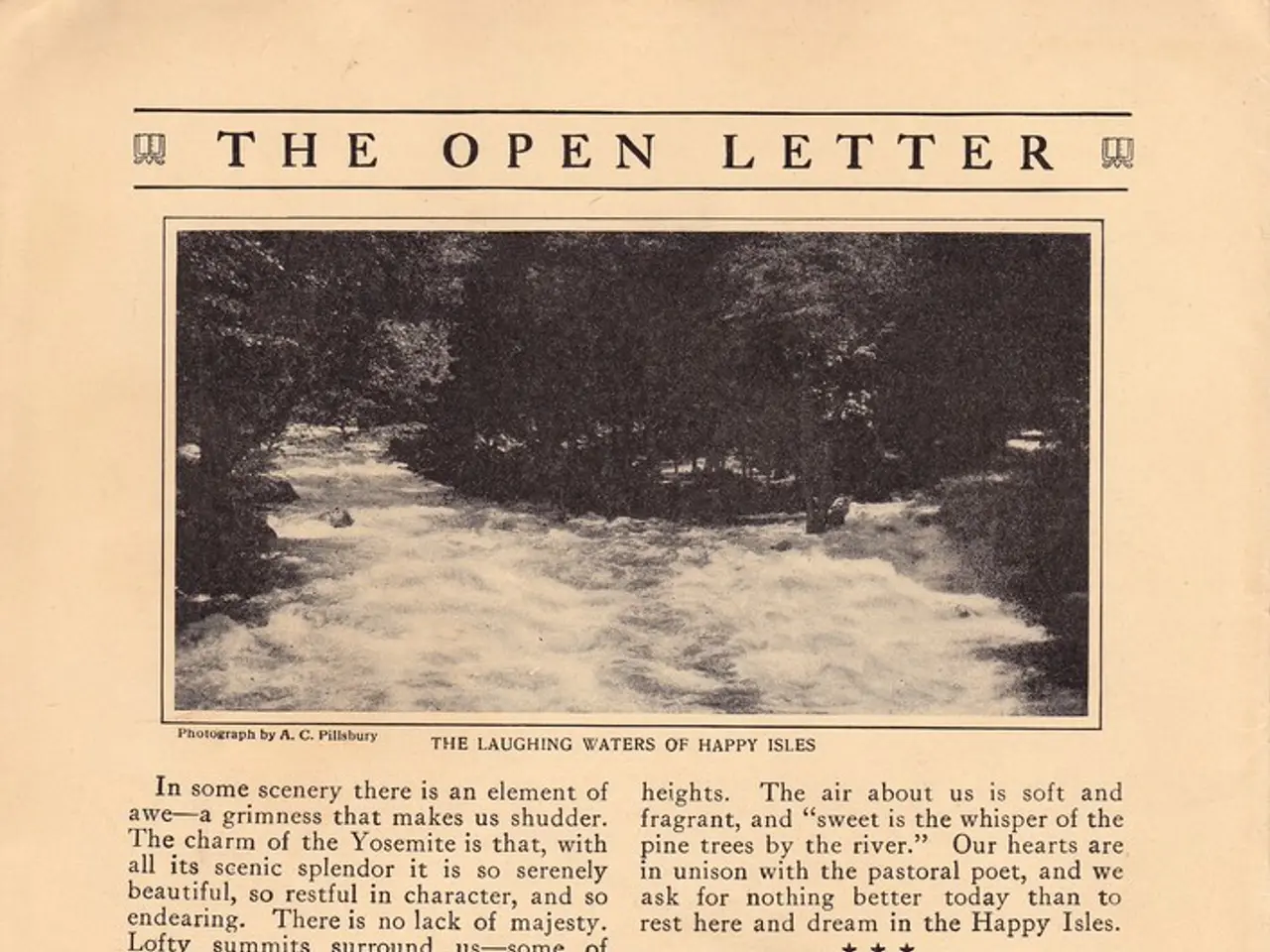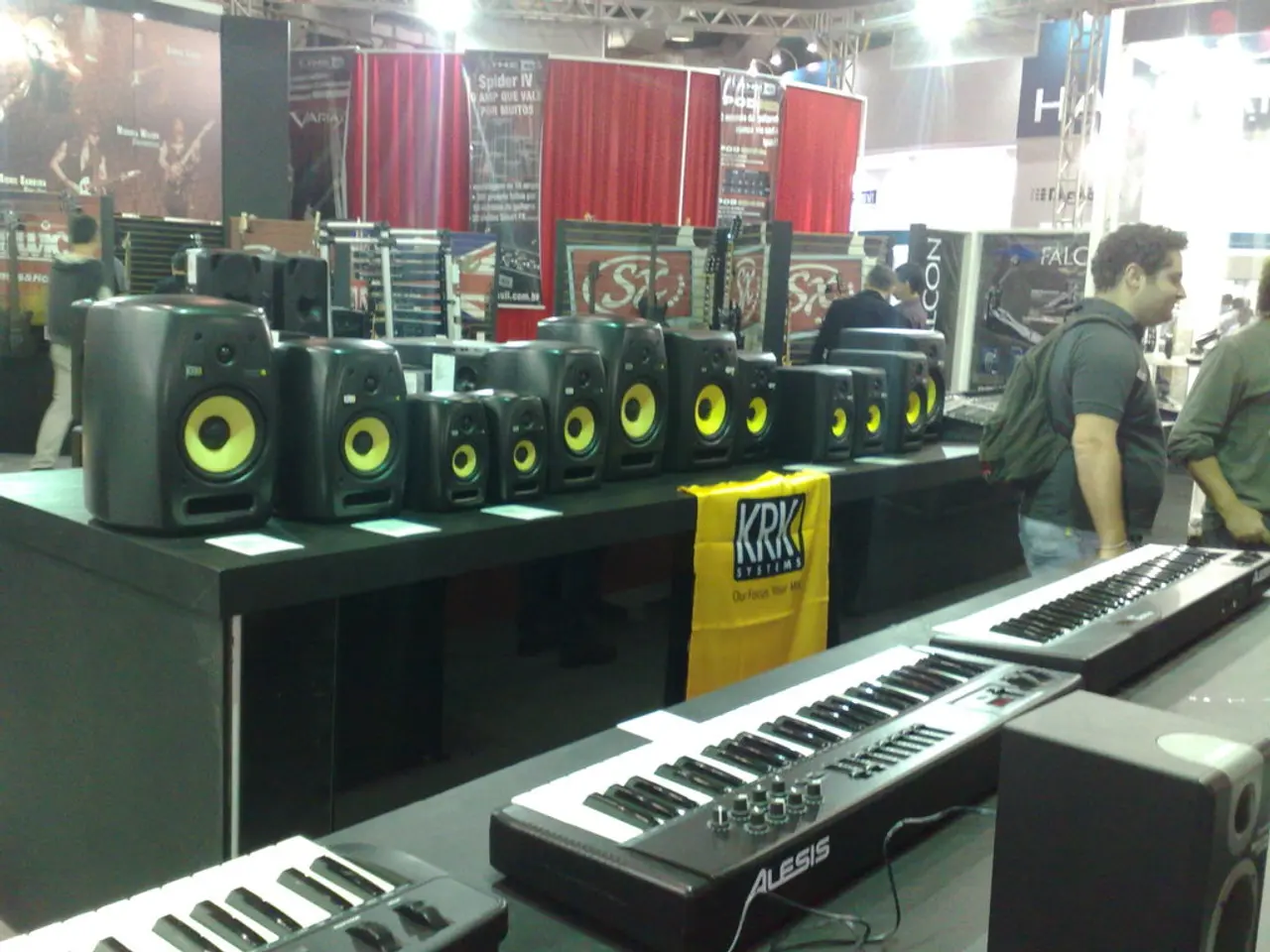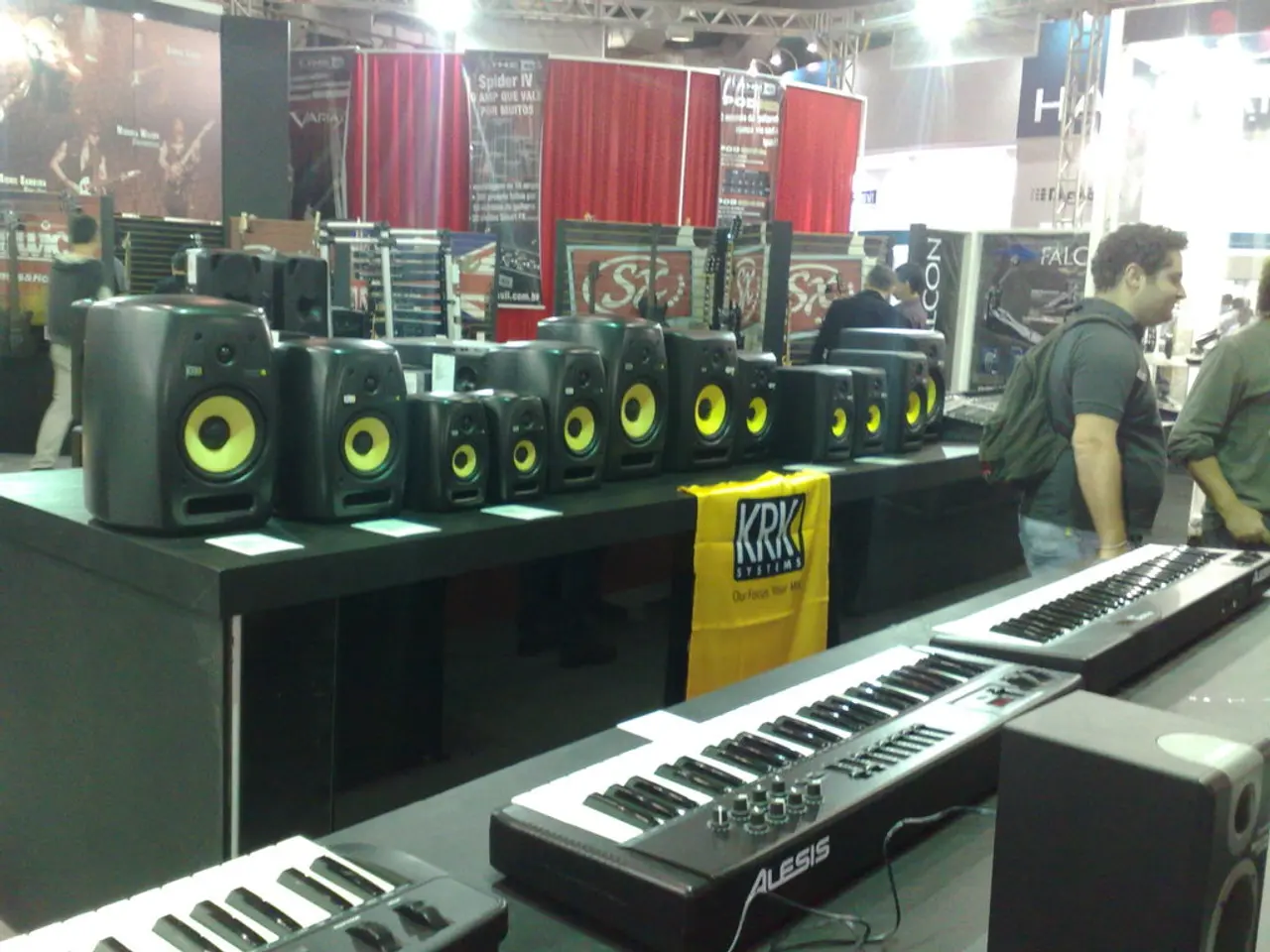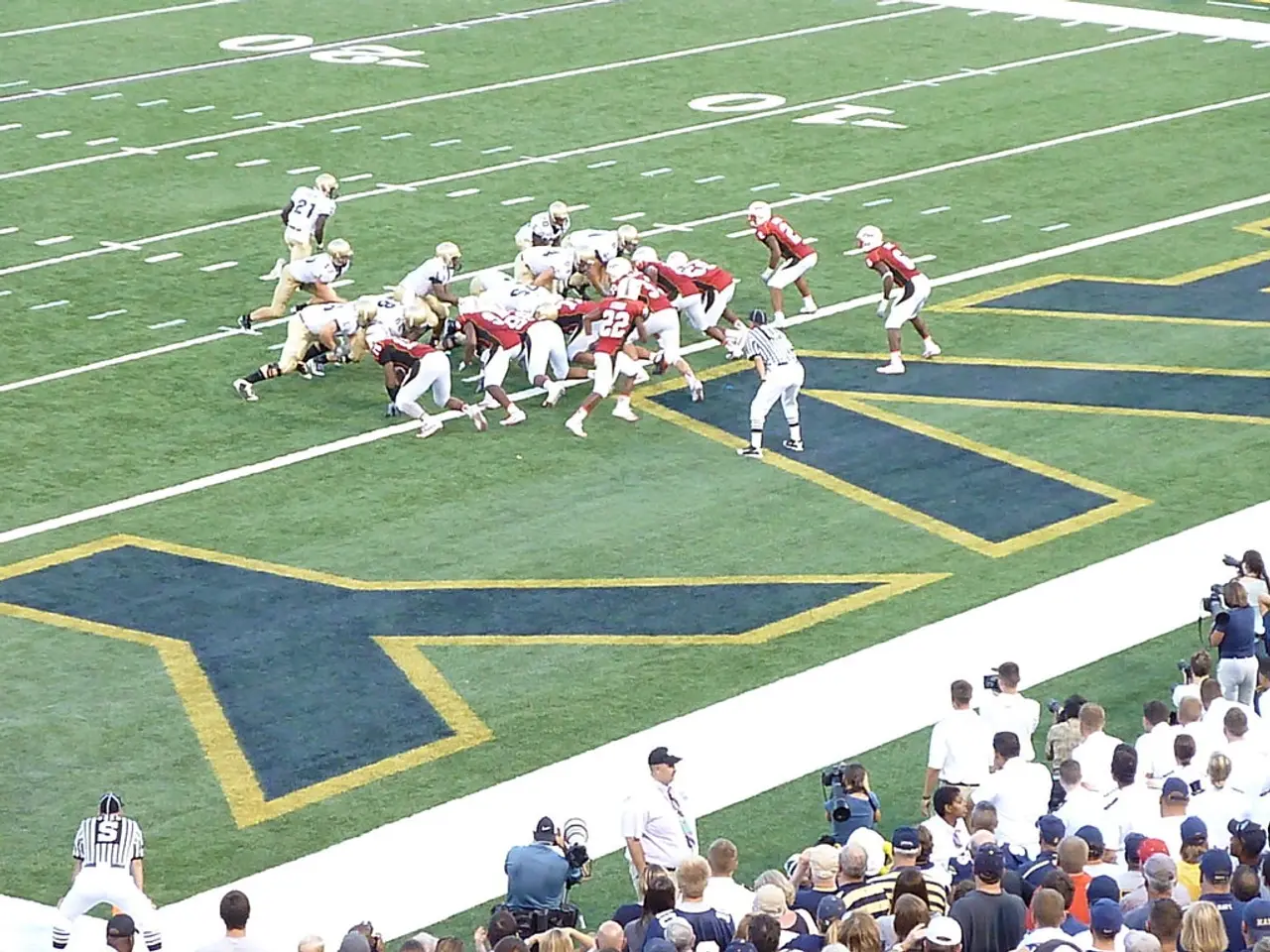Advocacy for the Establishment of the Munitions Clearance Facility in Rostock - Advertisement unveiled for a Competency Center focused on Munitions Recovery, located in Rostock
In the coalition agreement of the federal government, the elimination of munitions waste in the North and Baltic Seas is identified as a task for the entire state. This initiative comes as the estimated amount of conventional old ammunition in the Baltic Sea alone is around 300,000 tons.
Amidst this challenge, the Ocean Technology Campus (OTC) in Rostock, Mecklenburg-Vorpommern, has emerged as a potential location for a competence centre for munitions recovery. The state has advocated for such a centre in Rostock, with Economics Minister Claus Ruhe Madsen suggesting that existing structures could be utilised and developed to save time and resources.
The OTC, a network consortium funded by the federal and state governments, consists of the University of Rostock, maritime research institutions, and companies. The region boasts a strong network of maritime actors, and the Digital Ocean Lab off the coast of Warnemünde serves as an internationally unique test area.
Notably, Federal Environment Minister Carsten Schneider and Minister President Manuela Schwesig have both visited the OTC in Rostock, adding weight to the potential of the location for the proposed centre. Schleswig-Holstein has also offered cooperation to Mecklenburg-Vorpommern in setting up a federal competence centre for munitions recovery.
However, as of mid-2025, no publicly available detailed information regarding the establishment or timeline for a federal competence centre for munitions recovery specifically in Rostock has been released. The primary UXO clearance infrastructure remains state-operated, with Germany's bomb disposal services dealing with around 5,500 UXO discoveries annually.
Processes on the seabed are dynamic and can cause the ammunition to be thrown back and forth by wave motion or covered by sediments, making the task of recovery complex and ongoing. The goal is to establish a federal competence centre with its seat in the eastern federal states, but no specific details about a Rostock centre have been announced.
Should further official announcements emerge, they are likely to be covered in German federal or state government communications or defence-related publications. For now, the ammunition dumped in the North and Baltic Seas after World War II continues to pose a significant challenge, with the largest munitions waste sites located off the coast of Schleswig-Holstein and an estimated 1.3 million tons of old ammunition in the North Sea.
Scientists typically know the location of the ammunition on the seabed, but not necessarily its condition. A sustainable financial basis is required to ensure that a future federal competence centre remains permanently operational, and funds for the project are provided in the federal budget draft.
As the story develops, the potential for a federal competence centre for munitions recovery in Rostock remains a topic of interest and discussion. The region's unique maritime infrastructure and strong network of actors position it as a promising candidate for such a centre, but the specifics of the project's establishment and timeline remain to be seen.
The Ocean Technology Campus (OTC) in Rostock, with its strong network of maritime actors and internationally unique test area, could potentially host a federal competence center for munitions recovery, addressing small and medium-sized enterprises' need for community aid in dealing with old ammunition in the North and Baltic Seas. This center, if established, would contribute to environmental science and climate-change policies, as well as general news, given the significance of the issue. However, no specific details about a Rostock center have been announced yet, and the primary UXO clearance infrastructure remains state-operated.








